We recently connected with Grace Green and have shared our conversation below.
Hi Grace, so excited to have you with us today, particularly to get your insight on a topic that comes up constantly in the community – overcoming creativity blocks. Any thoughts you can share with us?
Writer’s block is something nearly every author faces at some point, yet many of us instinctively try to push through it. Unfortunately, forcing the words often leads to more frustration and can make the writing process feel overwhelming and unenjoyable.
When writer’s block strikes—and let’s be honest, no author is immune—I’ve found that the most effective approach is to step back. I usually take a few days off to let my creative mind reset. What many writers don’t realize is that writer’s block is often a signal from our brain that it needs rest, not more pressure.
As both an author and a perfectionist, I know how hard it can be to stop working. But sometimes, giving ourselves that break is the healthiest and most productive choice. Our stories will still be there when we’re ready, and we’ll return to them with a clearer mind and renewed inspiration. Writing should come from a place of creativity, not burnout.

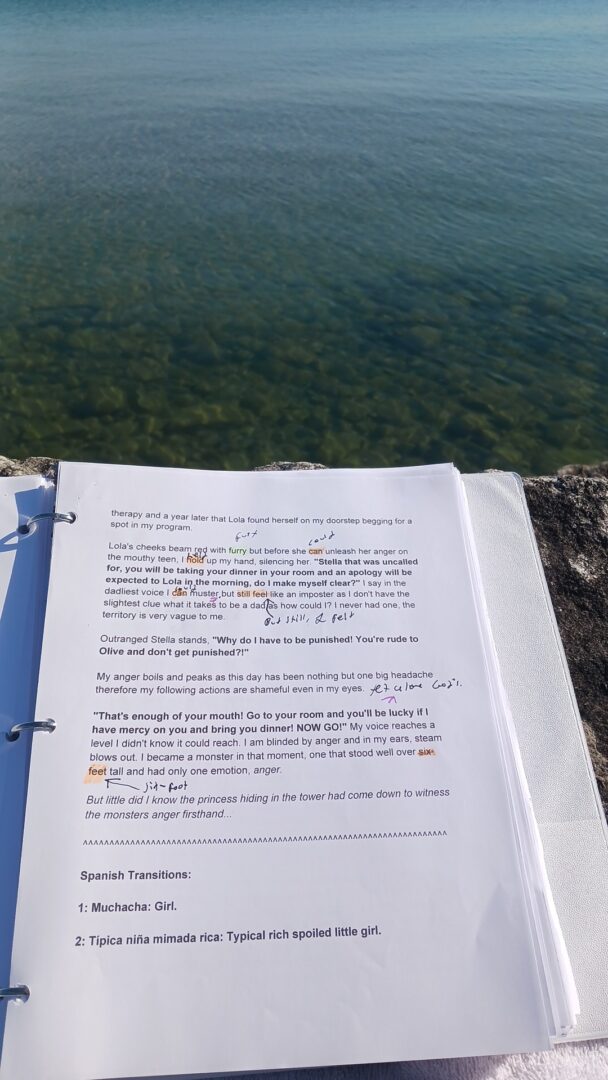
Appreciate the insights and wisdom. Before we dig deeper and ask you about the skills that matter and more, maybe you can tell our readers about yourself?
For those who don’t know me, I’m Grace Green, a dark Christian romance author. I know many of you may not be familiar with that genre—and honestly, I hadn’t heard of it either until I had already been writing in it for about a year. I initially assumed I was simply writing Christian fiction, but a friend of mine, Natalia, pointed out that my stories explore much darker themes than what’s typically found in the genre. That’s when I was introduced to the term dark Christian romance, and I’ve embraced it ever since.
As an author, I believe in giving my characters their own minds and voices. That means sometimes a character may believe or feel something I personally don’t agree with—but I allow them to exist that way because it creates honest, relatable, and human stories. In my current work-in-progress, To Be The Movement, one of the central characters is a female serial killer who is a survivor of sexual assault and now targets abusers. I chose to write her story because I believe it’s important to reflect the very real and often painful impact of trauma. Recovery isn’t always linear or clean, and not every survivor heals the same way. Some become deeply broken. Some become angry. And some, tragically, become abusers themselves. I’ve seen it firsthand, and I want to tell stories that don’t shy away from those difficult truths.
In today’s world, a lot of authors are drawn to writing picture-perfect, fairytale romances. And while there’s a place for that, it’s not the path I’ve been called to walk. I want to use my platform—however small it may be—to raise awareness about the hard topics that often go unspoken. I want my readers to find raw, real, and relatable characters in my books. My goal has never been to chase fame or become the next Sarah J. Maas, though that would be incredible. But that’s not who I am, and it’s not who God created me to be.
My mission is to help people. I pray that when I am one day published, I’ll be able to use the funds from my books to support programs and organizations that align with the themes I write about—programs that support survivors, promote healing, and create real change.
Yes, my books are dark. They’re not for everyone, and they don’t always center around romance. But that’s intentional. I write about the road through suffering—the valleys people often walk through before they can even begin to understand love. And instead of skipping over that pain, I choose to face it head-on in my stories.
Above all, I pray that my books will reach the people who truly need them. That they will bring comfort, awareness, and a sense of being seen. Because to me, being an author isn’t about spotlight or status—it’s about service, purpose, and using the gift God gave me to make a difference.
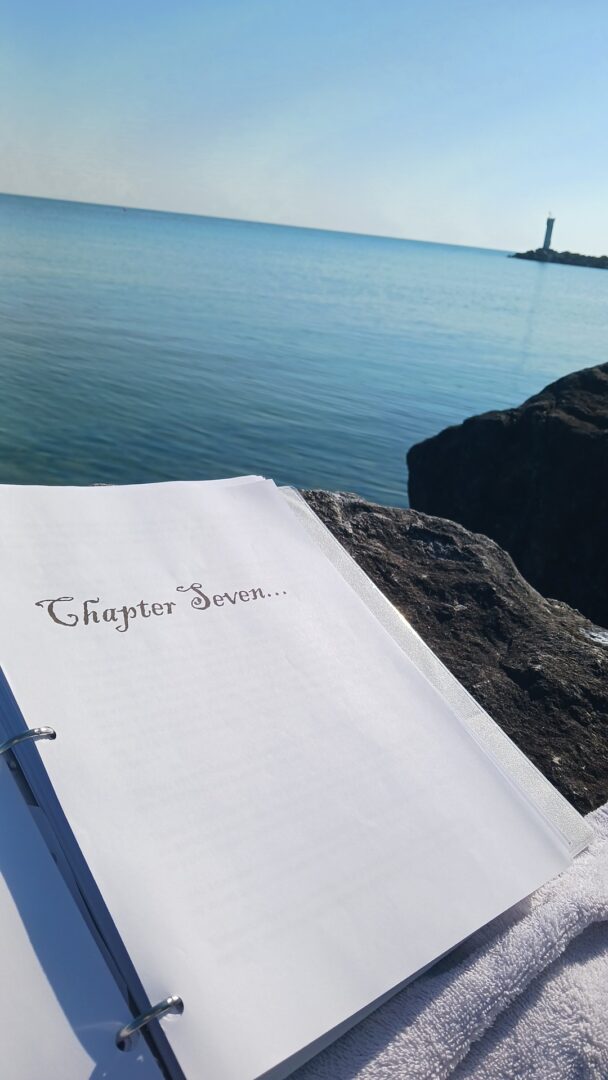
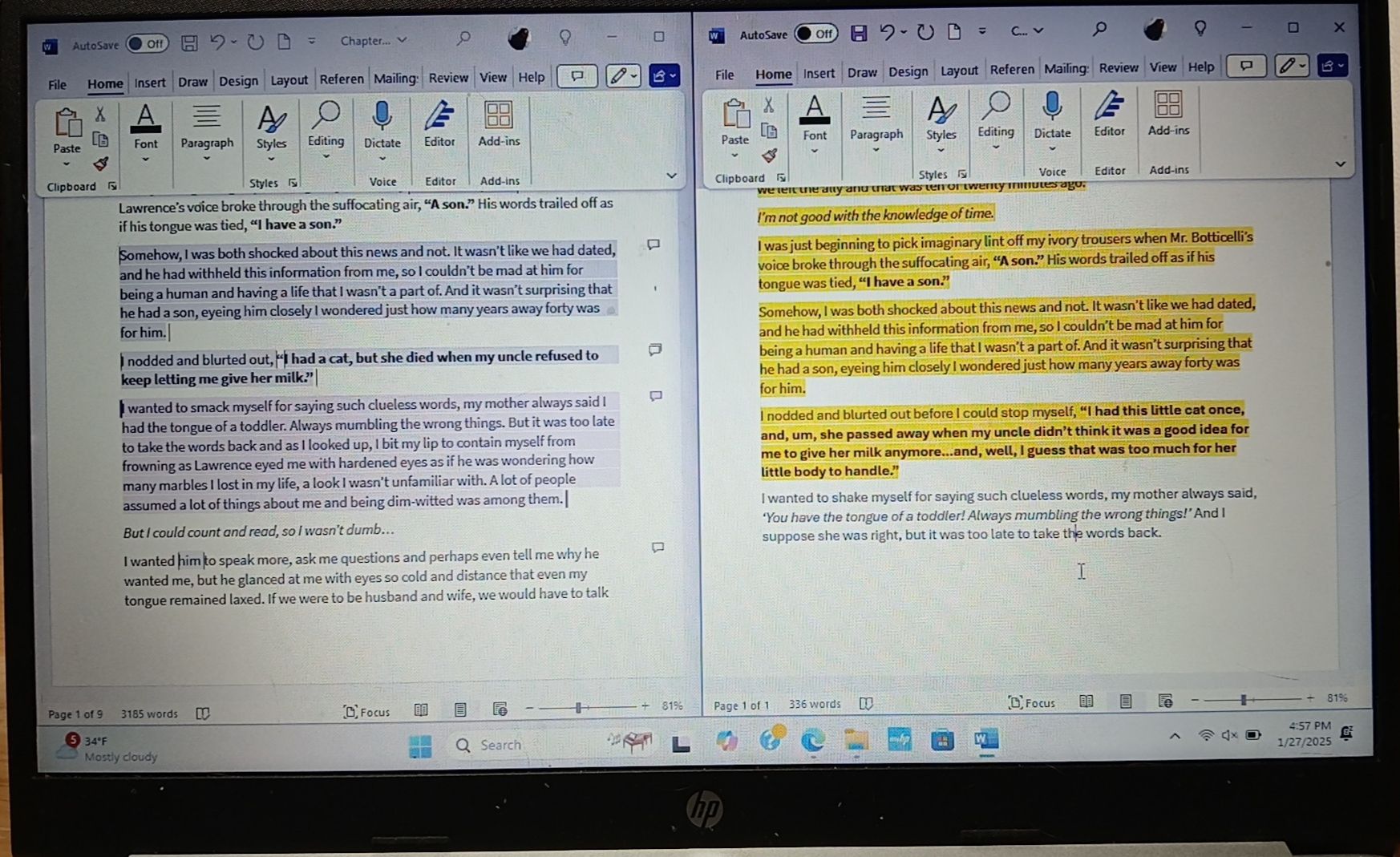
Looking back, what do you think were the three qualities, skills, or areas of knowledge that were most impactful in your journey? What advice do you have for folks who are early in their journey in terms of how they can best develop or improve on these?
I’ve been incredibly blessed to have had several mentors throughout my life, one of whom is my amazing teacher, Linda. She’s a brilliant woman with a background as a magazine editor, and she has imparted so much wisdom over the years. One piece of advice that has stuck with me—and continues to shape my writing—is the timeless technique: “Don’t tell me, show me.”
Many writers are familiar with this phrase, but for those who aren’t, it simply means this: instead of telling your readers what’s happening, show it through vivid detail and description. For example, rather than writing, “The cat walked down the road,” consider something like, “The sun shone brightly as the little girl burst out of the house, sweat beading on her brow as she spotted her orange tabby cat wandering into the road toward oncoming traffic.” The second version pulls the reader into the scene, painting a picture they can feel and visualize. As an author who values detail, this concept has been incredibly influential in my storytelling.
Another lesson that’s had a significant impact on my journey is the importance of book covers. Many new authors underestimate their value, often believing too literally in the phrase, “Don’t judge a book by its cover.” But the truth is, most readers do—about 98% of them, in fact. If your book cover doesn’t capture attention or reflect the aesthetic of your story, many potential readers may pass it by. Growing up, I often heard the saying, “Your appearance matters,” and I’ve applied that mindset to my covers. I treat them as the visual doorway into my story, and I want that first impression to be strong and intentional.
Lastly, and most importantly, God has been the guiding force in my writing journey. I constantly seek His direction in my work. If I don’t feel peace about a topic, scene, or theme, I delete it—no matter how attached I might be. I trust that lack of peace is God’s way of saying, “This isn’t the message I want you to share.” I strive to involve Him in every step of the process, and I’m committed to using my writing not just as creative expression, but as a form of ministry.
These three lessons—show, don’t tell, intentional presentation, and spiritual discernment—have shaped me into the writer I am today. And I pray they continue to guide me as I grow.
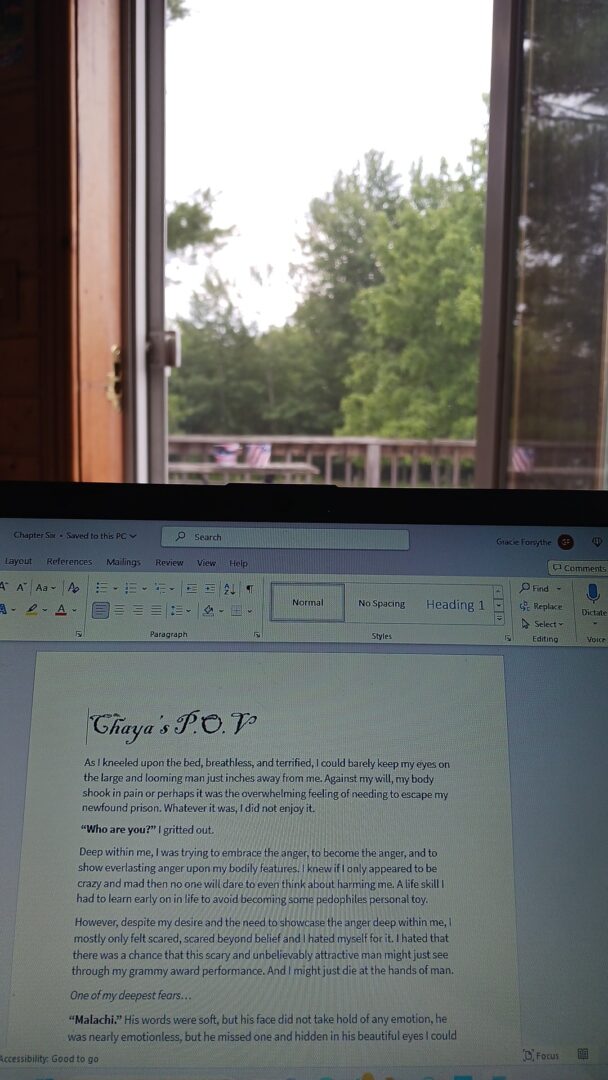
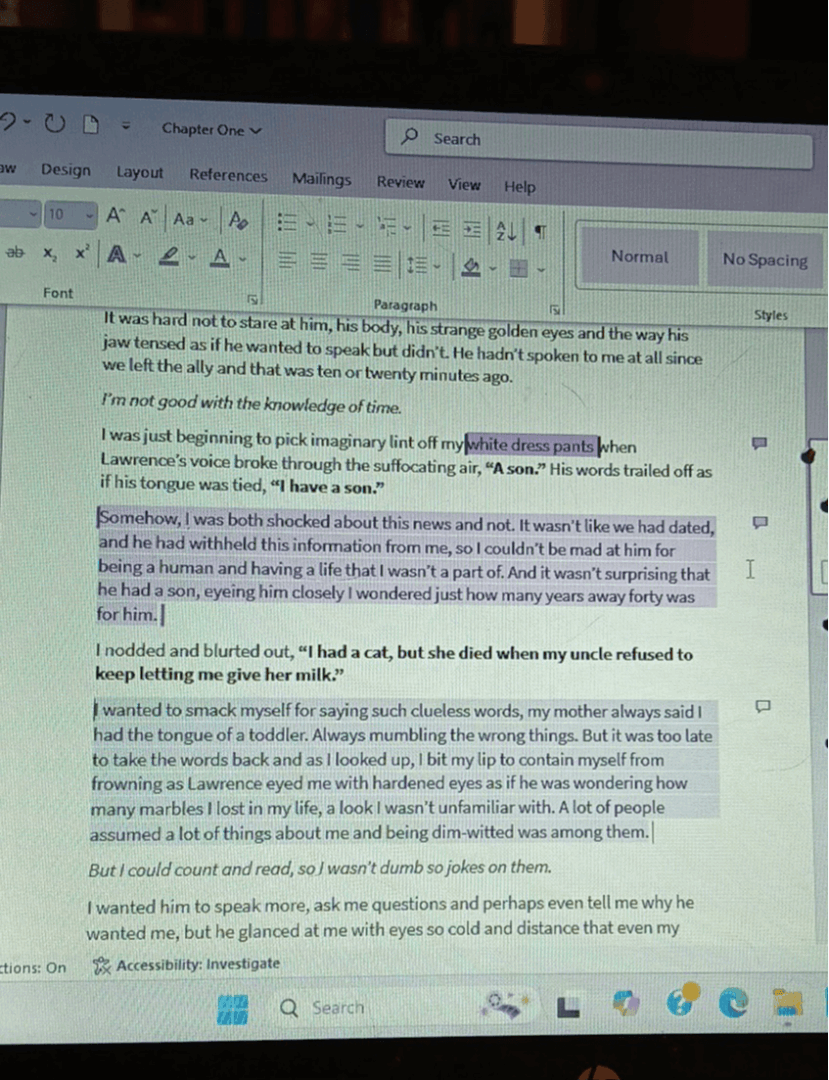
How can folks who want to work with you connect?
If I had the opportunity to collaborate with anyone, it would be with a survivor support program. Partnering with an organization like that could not only amplify awareness and healing for those affected by trauma, but also provide invaluable guidance for me as a writer. Their insight could help me portray real-life experiences with greater authenticity and sensitivity. I believe such a collaboration would be incredibly impactful—and truthfully, it’s a dream of mine to one day make it a reality.
Contact Info:
- Instagram: @authorgracegreen
- Other: Tik-Tok: @authorgracegreen
Wattpad: @TheChristianPrincess

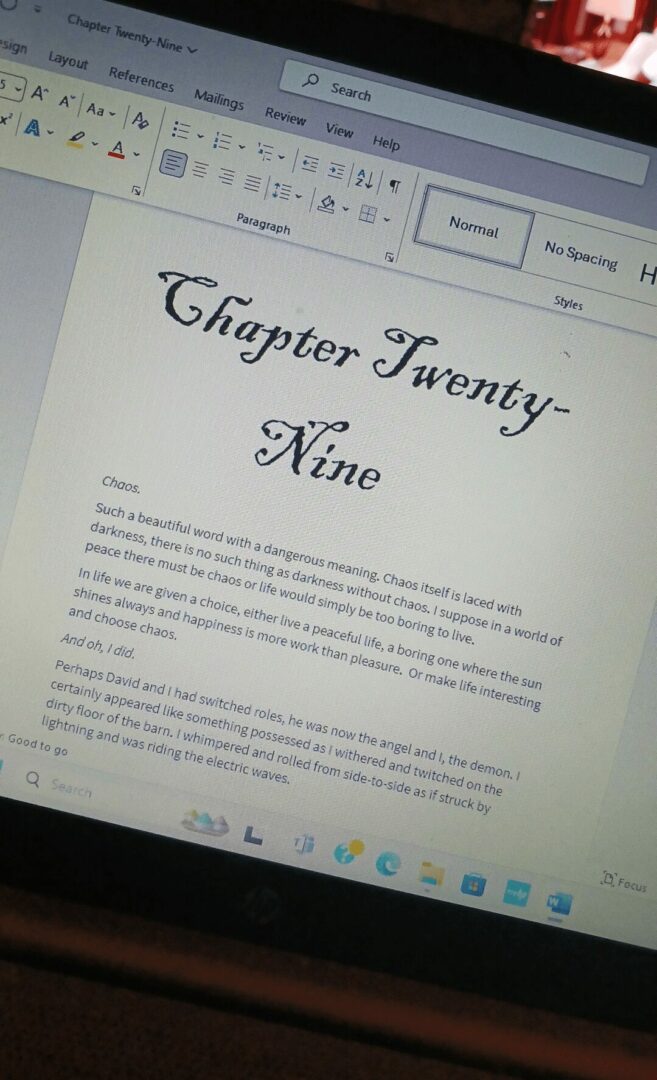
so if you or someone you know deserves recognition please let us know here.




